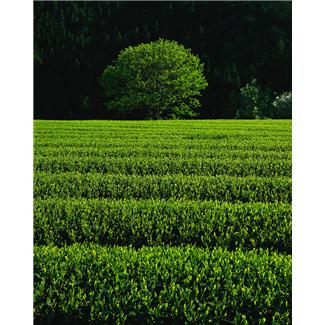Tea Tree Oil: A Natural Antiseptic and Medicinal Oil
Tea tree oil was historically used as a substitute for tea, which is how it got its name. The leaves of the tea tree contain potent and medicinally valuable oil. Which, when applied to the skin, is used to treat a host of conditions. It is so effective that it is used in a variety of cosmetics, hygiene products, and over-the-counter medicines.
The Many Uses for Tea Tree Oil
 Because this oil is a natural antifungal, it is often used topically to relieve the symptoms of tinea pedis, also known as athlete’s foot. The soothing oil is found in over-the-counter creams for the relief of inflammation, burning, and itching. According to Medline Plus, approximately half of those who try tea tree oil for four weeks can cure athlete’s foot with a solution of 25 percent or 50 percent. Stronger topical applications taken for extended periods can cure fungal infections of the nails, which can cause embarrassing yellowing and thickening of the nail. Toenails are more susceptible to this kind of infection and are more common among people who wear closed footwear or have a weakened immune system. Nail changes that indicate a fungal infection include:
Because this oil is a natural antifungal, it is often used topically to relieve the symptoms of tinea pedis, also known as athlete’s foot. The soothing oil is found in over-the-counter creams for the relief of inflammation, burning, and itching. According to Medline Plus, approximately half of those who try tea tree oil for four weeks can cure athlete’s foot with a solution of 25 percent or 50 percent. Stronger topical applications taken for extended periods can cure fungal infections of the nails, which can cause embarrassing yellowing and thickening of the nail. Toenails are more susceptible to this kind of infection and are more common among people who wear closed footwear or have a weakened immune system. Nail changes that indicate a fungal infection include:
- Crumbling of the nail
- Lifting or loosening of the nail
- Changes in the shape or color of nails
Tea Tree Oil for Acne
Benzoyl peroxide is one of the most common active ingredients in over-the-counter and prescription-strength products. This is due to its ability to kill bacteria that lead to acne. While benzoyl peroxide is highly effective and easily accessible, it can also be irritating, especially for individuals with sensitive skin. The burning, redness, and peeling can be enough for some users to abandon the products. They would rather suffer from the acne instead. As a natural antiseptic, it is an effective alternative to bothersome benzoyl peroxide. A 5 percent solution works well, as do products containing 5 percent benzoyl peroxide. While tea tree oil may take longer to clear acne, it is gentler on the skin.
Considerations
Some tea tree oil users find that it helps ease bronchial congestion when added to bath water. Others use tea tree oil to treat cold sores, skin abrasions, scalp irritation, ringworm, and vaginal infections. There are countless uses for this oil. Which of them will you attempt? Learn more about the uses of this essential oil and its antifungal properties.
References: http://www.nlm.nih.gov/medlineplus/druginfo/natural/113.html

